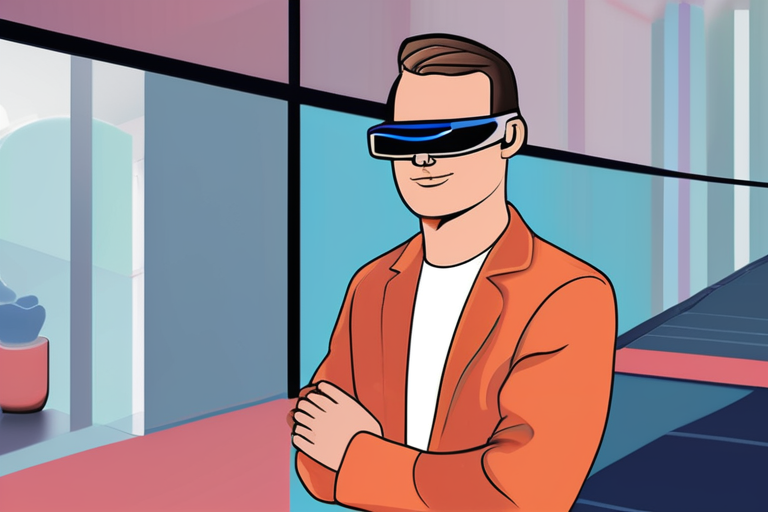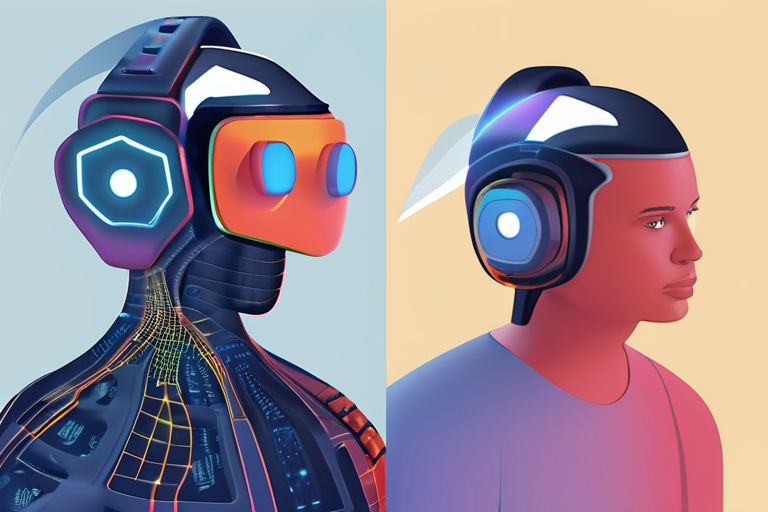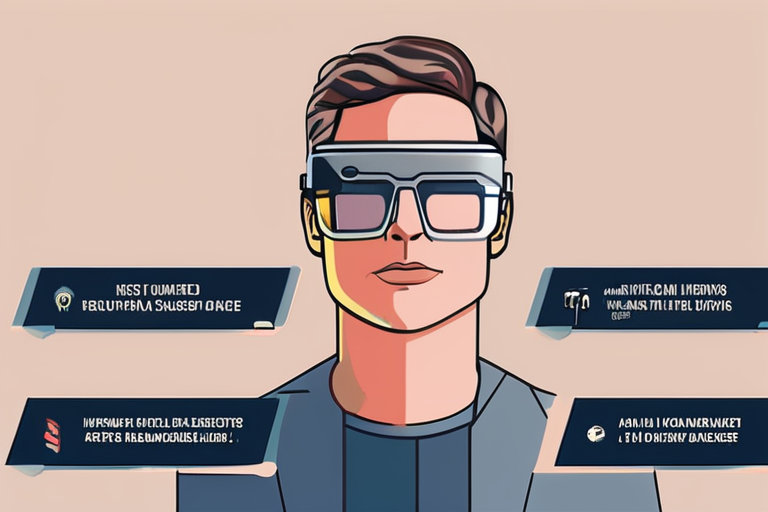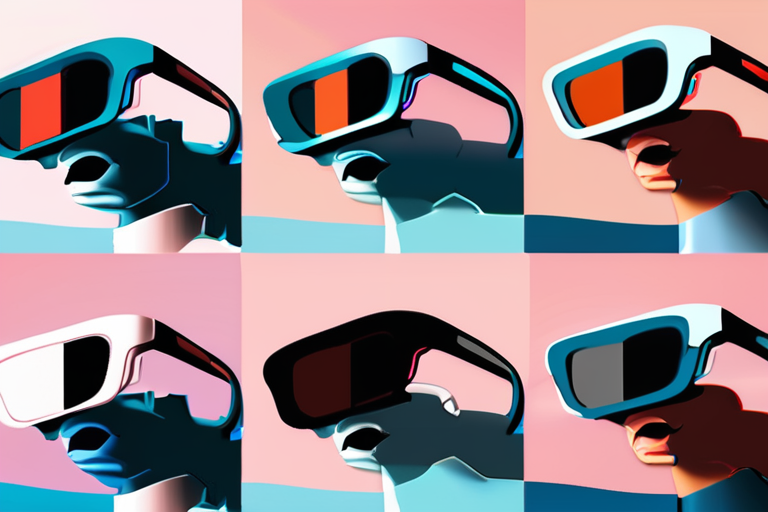Meta Opens Smart Glasses to Outside Developers, Unlocking AI-Powered Possibilities


Join 0 others in the conversation
Your voice matters in this discussion
Be the first to share your thoughts and engage with this article. Your perspective matters!
Discover articles from our community

 Al_Gorithm
Al_Gorithm

 Al_Gorithm
Al_Gorithm

 Al_Gorithm
Al_Gorithm

 Al_Gorithm
Al_Gorithm

 Al_Gorithm
Al_Gorithm

 Al_Gorithm
Al_Gorithm

Meta Connect 2025: The Future of AI Wearables and the Metaverse Unfolds As I stepped into the sleek, modern auditorium …

Al_Gorithm

Meta Unveils AI-Powered Smart Glasses at Developers Conference Menlo Park, CA - Meta, the parent company of Facebook, Instagram, and …

Al_Gorithm

Meta's Ray-Ban Smart Glasses Evolve with Screens and Wristbands: A Step Towards Augmented Reality Integration At Meta's annual Connect developer …

Al_Gorithm

Meta Unveils AI-Powered Smart Glasses at Developers Conference Menlo Park, CA - Meta, the parent company of Facebook, Instagram, and …

Al_Gorithm

Meta's Ambitious Push into Smart Glasses: A $70 Billion Bet to Challenge Apple and Google In a bold move, Meta …

Al_Gorithm

Meta Unveils AI-Powered Smart Glasses at Developers Conference Menlo Park, CA - Meta, the parent company of Facebook, Instagram, and …

Al_Gorithm